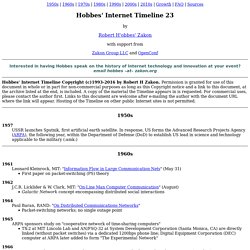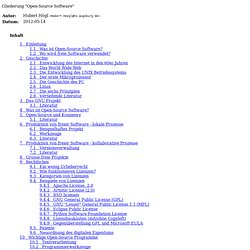

Google-Ergebnis für. Google-Ergebnis für. Google-Ergebnis für. Google-Ergebnis für. Google-Ergebnis für. Lochkartencomputer. Die Erfindung des Lochkartencomputers geht auf den Sohn deutscher Einwanderer in die USA, Herman Hollerith zurück.

Der leidenschaftliche Erfinder Hollerith entwickelte ein einzigartiges System der Informationsverschlüsselung und Datenverarbeitung, das auf gestanzten Papierstreifen beruhte. Von der Lochzange zum Lochkartensystem Hermann Hollerith wurde 1860 im Staat New York geboren und zeigte schon früh ein ausgeprägtes Interesse für technische Probleme. Als der gelernte Ingenieur und leidenschaftliche Erfinder 1880 bei der amerikanischen Volkszählungsbehörde mit den logistischen Problemen statistischer Datenverarbeitung konfrontiert wurde, sann er fortan auf Abhilfe.
Ein technisches System musste her, das in der Lage war, Massendaten in kurzer Zeit auszulesen und zu verarbeiten. Nachbau der Hollerith’schen Zähl- und Tabelliermaschine Elektronische Datenverarbeitung anno dazumal Eine Lochkarte im Hollerith-Format ist ein Karton in der Größe von 18,7 mal 8,3 Zentimetern. Hobbes' Internet Timeline - the definitive ARPAnet & Internet history. 1950s | 1960s | 1970s | 1980s | 1990s | 2000s | 2010s | Growth | FAQ | Sources by Robert H'obbes' Zakon with support from Zakon Group LLC and OpenConf Interested in having Hobbes speak on the history of Internet technology and innovation at your event?

Hobbes' Internet Timeline Copyright (c)1993-2016 by Robert H Zakon. 1950s USSR launches Sputnik, first artificial earth satellite. Global Internet User Survey 2012. The Global Internet User Survey provides reliable information relevant to issues important to the Internet’s future and informs the Internet Society's programmes and activities.

In 2012, more than 10,000 people in 20 countries were asked about their attitudes towards the Internet and behaviours online, offering one of the broadest views of people’s attitudes about key issues our world faces when it comes to the Internet. The questions ranged from how users manage personal information online, attitudes toward the Internet and human rights, and the potential for the Internet to address issues such as economic development and education.
Analyze the Data We've created a new site for the Global Internet User Survey. Now you can view the results and dig deeper into each question of the survey. Visit the Global Internet User Survey site to: Download the Data We've developed an infographic that provides an overview of some of the key findings of the 2012 survey. Erklärung Internet - arte Mit Offenen Karten. Europe Employment. Imagining the Internet. Latest Project: The 2014 Hall of Fame interviews, recorded in Hong Kong Hall of Famers share wisdom Imagining the Internet sent a team to the Internet Society's 2014 Internet Hall of Fame induction in Hong Kong to gather interviews with 28 top global Internet leaders. View four hours of interviews plus the Induction Ceremony and a panel discussion and a forum on the open Internet. The World Factbook.
Austria Internet Usage and Telecommunications Report. World Internet Users Statistics Usage and World Population Stats. Europe Internet Usage Stats Facebook Subscribers and Population Statistics. Untitled. In dieser Gliederung möchte ich Ideen für ein neues Skript unterbringen.

Viel Material zur Vorlesung habe ich auf einer CDROM gesammelt, die Sie hier finden: Entwicklung des InternetDas World Wide WebDie Entwicklung des UNIX BetriebssystemsDer MikroprozessorGeschichte des PCLinuxZusammenfassung: Die sechs Prinzipien 2.1 Entwicklung des Internet in den 60er Jahren Der Grundstein für das heutige Internet wurde in den 50er Jahren des vergangenen Jahrhunderts gelegt. In dieser Zeit wurde in den USA die Advanced Research Projects Agency (ARPA) 1958 gegründet, die als Eliteforschungseinrichtung das Wissen auf verschiedenen technologischen Gebieten mehren sollte.
Das amerikanische Verteidigungsministerium (DoD -- Department of Defense) bekommt die ARPA-Abteilung IPTO (Information Processing Techniques Office) 1962 zugeordnet, die den Auftrag hat, die modernste Forschungseinrichtung für Computertechnik zu werden. Die Veröffentlichungen von Prof. J.C.R. Die erste E-mail wird 1972 verschickt. Abb.